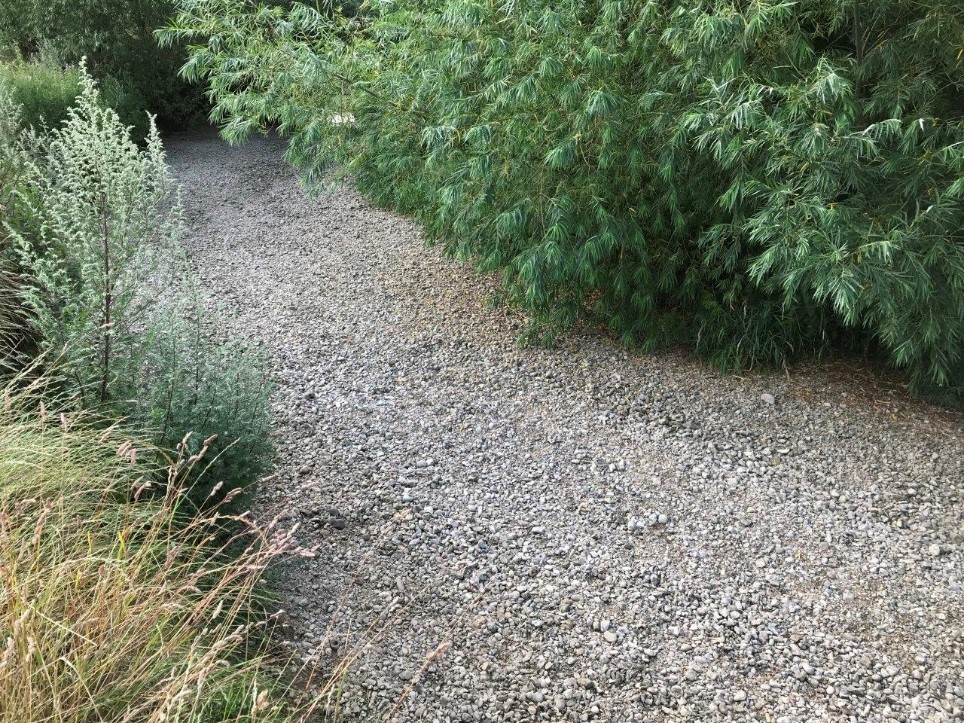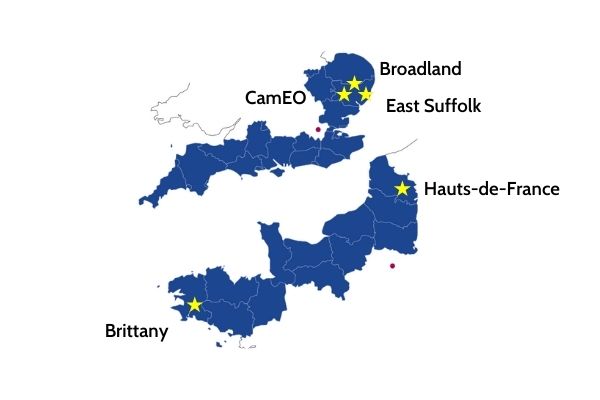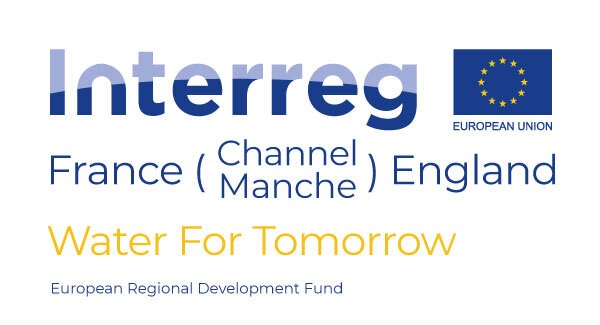Water for Tomorrow – information page
Overview
Water is a scarce and diminishing resource yet it is essential for all sectors. Future pressures such as climate change and population growth will increase the demand for water and we need to work together with partners, businesses and communities to find long-lasting solutions.
Ahead of COP26, Emma Howard Boyd, Chair of the Environment Agency, said: "The climate crisis is global, but its impacts are in your village, your shop, your home. Adaptation action needs to be integral to government, businesses and communities too and people will soon question why it isn’t – especially when it is much cheaper to invest early in climate resilience than to live with the costs of inaction.
Significant climate impacts are inevitable. We can successfully tackle the climate emergency if we do the right things, but we are running out of time to implement effective adaptation measures. Our thinking must change faster than the climate." Read the full press release

Image: River Stour at Nayland 18 July 2019 (source: Environment Agency Drought Plan)
Water for Tomorrow is an EU Interreg France (Channel) England project which will develop and test innovative water management tools and decision-making support systems. These will enable more responsive short-term management of drought events, and better long-term water resources planning, as well as better use of investment in local water management.
The project will run across five pilot sites in total. The Rivers Trust will lead the three in East Anglia, in partnership with us, and Water Resources East (WRE) focusing on the Broadland Rivers, East Suffolk and Cam and Ely Ouse catchments. Our French partners, Bureau de Recherche Géologique eMinière (BRGM) and Communauté d’Agglomération Béthune Bruay Artois Lys Romane (CABBALR), will focus on the areas of Brittany and Haut de France.
This €4million project is funded through the EU INTERREG VA France (Channel) England Programme which has committed €2.8million through the European Development Fund. The project will run until March 2023.

Image: Map showing Water for Tomorrow pilot sites (source: Interreg)
Drought and water scarcity are emerging problems in France, but well-known in England, where long term scenario planning methods are widely used in the Water Industry. Conversely democratic catchment scale water planning is more advanced in France. Cross-border cooperation as part of Water for Tomorrow will enable both countries to realise common challenges, share complementary expertise and deliver high impact outputs.
Our aim is to address challenges related to over-abstraction, increasing water demand, and decreasing water availability due to climate change. The project will run until March 2023 with these main objectives:
- To carry out modelling work to identify where existing supplies of water may not meet levels of demand within the current management system and identify interventions that can improve resilience to these points of failure.
- Promote better use of increasingly scarce water resources for water companies, society, business and the environment.
- Involve all stakeholders, at the local and regional level, in the development of innovative water management approaches.
- Facilitate exchange of experience and knowledge between French and English partners who have different yet complementary water management frameworks.
- Share lessons learnt, results and innovative methodologies and tools with a broad audience of water managers and planners in the Channel region and beyond.
Audiences
- Recreational and commercial river users
- Fishing clubs and representative associations
- Members of the public with an interest in the river, the species and conservation
- Businesses
- Charities
- Statutory organisations
- NGOs
- Members of the public
- Elected representatives, including MPs
- Local councils
- Academics
- All water abstractors
- Environment Agency customers
- Local authorities
- District and parish councils
- Environmental bodies
- Land owners
- Farming associations
- Drainage associations
- RFCCs
- Elected representatives, including MPs
- Water companies
- Members of the public
- Recreational and commercial river users
- Community groups
- Environment Agency colleagues
Interests
- Business and industry
- Water resources
- Water quality
- Drought
- Habitats and wildlife


Share
Share on Twitter Share on Facebook